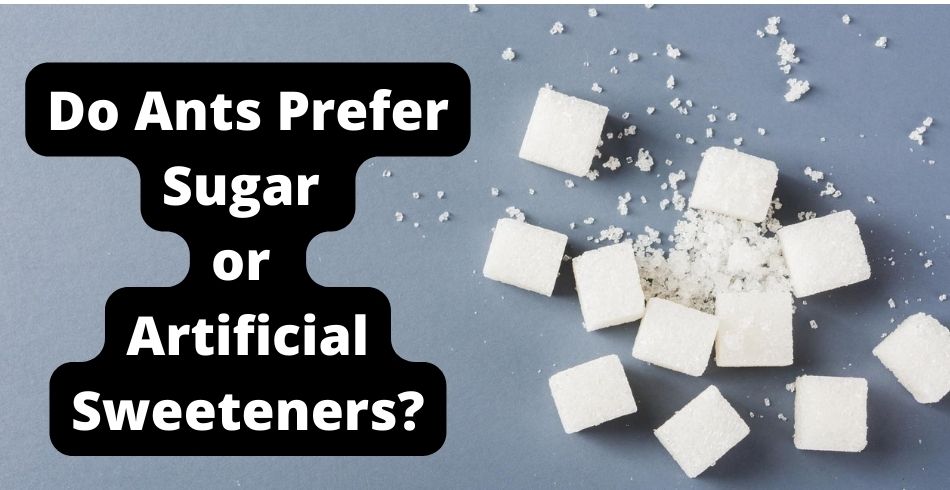Do you ever wonder why ants quickly run to your dropped candy, cookie crumbs, and ice cream bits but are almost a no-show for artificial sweeteners? Do these ants have a preference, or is it just pure luck? Do ants prefer sugar or artificial sweeteners?
Ants prefer regular sugar over artificial sweeteners, which makes sense, as regular sugar is loaded with carbohydrates that ants crave. While humans are always watching their weight and carb intake, ants are not and thrive off these easy-to-digest energy sources.
Do Ants Like Sugar?
Ants love sugar. Not only does sugar provide sufficient energy to the social worker ants, but the high amounts of carbohydrate levels help the ants on a molecular level. High carbohydrate intake has been shown to help ants survive life-threatening parasitic infections.
We researched that sugar enables ants’ unique protective glands to secrete more antibiotics to resist fungal attacks. (Read More)
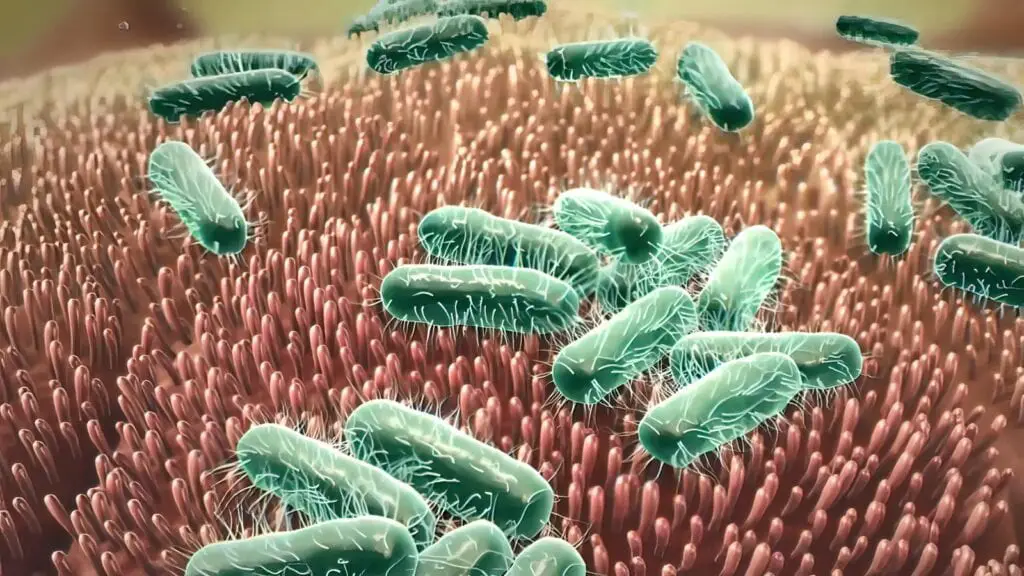
The energy boost given by a sweet source, especially liquid sugar, keeps ants energetic and active throughout their working hours.
This energy boost will help them build, protect, and feed their colony. This is why ants go for sugar rather than any other food source if given two options.
Do Ants Love Sweets?
Ants do love sweets. Carbohydrates are a worker ant’s favorite energy source. In nature, things like honey and honeydew are a treat to an ant. Ants have a biological advantage when it comes to honeydew, they can smell it anywhere – a sweet delight extracted from insects like aphids.
Ants love all types of sweets. Some of their favorites include plant sap, honeydew, starchy grain, table sugar, and chocolate smidgens.
As soon as these sweets are dropped on the floor, you will find an army of ants running towards them.

Once a food source is found, ants will leave their pheromone trails around, indicating to other ants in the colony that food is near, giving them the fuel to continue on with their work.
Do Ants Like Natural Cane Sugar Better Than Artificial?
Ants like pure cane sugar more than artificial sugar because carbohydrates such as glucose, fructose, sucrose, and maltose are found in cane sugar, making it sweeter, molecularly more attractive, and a rich source of energy that helps worker ants remain energized during their tough tasks.
We reviewed a study on different types of sugars and artificial sweeteners in an experiment to find out which sweetener ants consider the tastiest and worthy of bringing their home.
After 18 hours of testing, the results were like this; organic cane sugar stands out and wins the day while processed sugar and other artificial sweeteners were left untouched. (Source)

Are All Ants Attracted to Sugar and Sweet Foods?
Not all ants are attracted to sweet foods. Some ants, like Carpenter ants, Acrobat ants, Argentine ants, Pharaoh ants, Pavement ants, and Odorous House ants, are very attracted to sugar and sweet foods and prefer them over different proteins.
Unlike sugar ants, some ants like to thrive on other nutrients like proteins and fats.
A well-known example is Grease ants, also labeled as thief ants.
These ants eat protein-rich foods, which include vegetable oil, meat, and cheese.

What Do Ants Like Best: Artificial or Regular Cane Sugars?
Ants generally prefer regular cane sugar over artificial sugar because of the number of carbohydrates. The number of carbohydrates found in regular cane sugar is much higher than that in artificial sugar, which ensures an adequate supply of energy for ants as well as for humans.
You can yourself try this fun experiment at your home or outdoors.
Take artificial and regular sugars in small quantities and leave them near an ant colony for three hours.
Count the number of ants feasting around each sweet every 30 minutes. You will find your results. (See The Study Here)
Artificial sweeteners are linked to many health concerns in humans. These include depression, weight gain, diabetes, and in the long-term, even cancer.
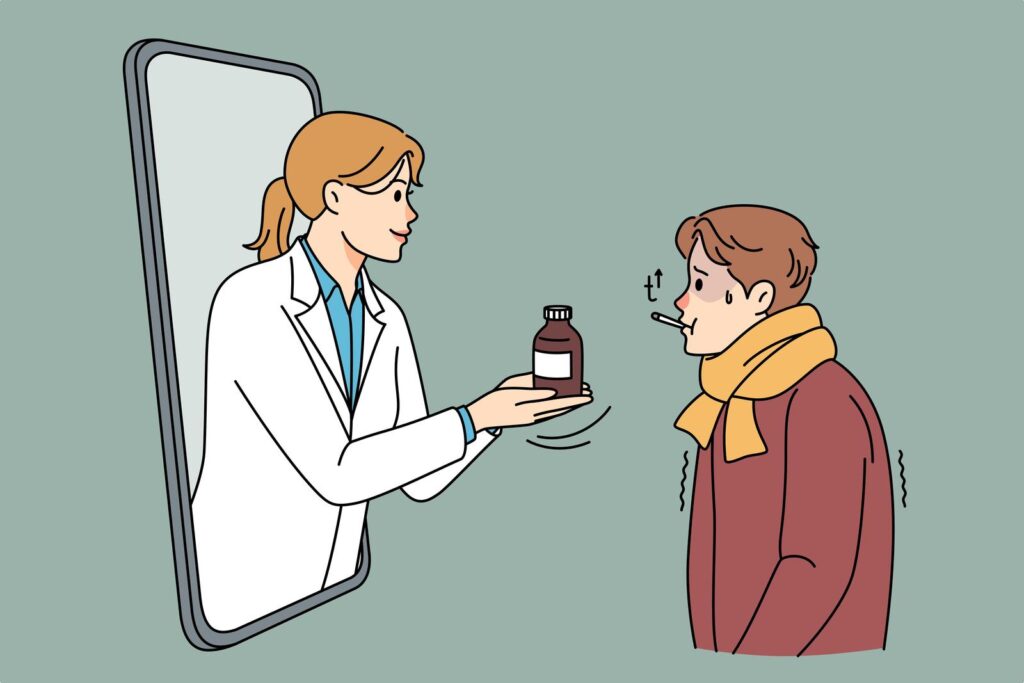
Do Ants Prefer a Specific Type of Sugar?
Ants prefer to consume liquid food sources of sugar as they are easier to digest than regular sugar. Their favorite liquid sweets are honey, maple syrup, and sugar water. Solid sugar granules are difficult for them to swallow. Ants prefer food sources that are liquid and sugar-rich.
Honey is packed with ample amounts of glucose and fructose that offer ants the energy required to carry on with their daily activities.
Did you know? – Honey contains a ton of fructose, which actually makes it sweeter than sugar.
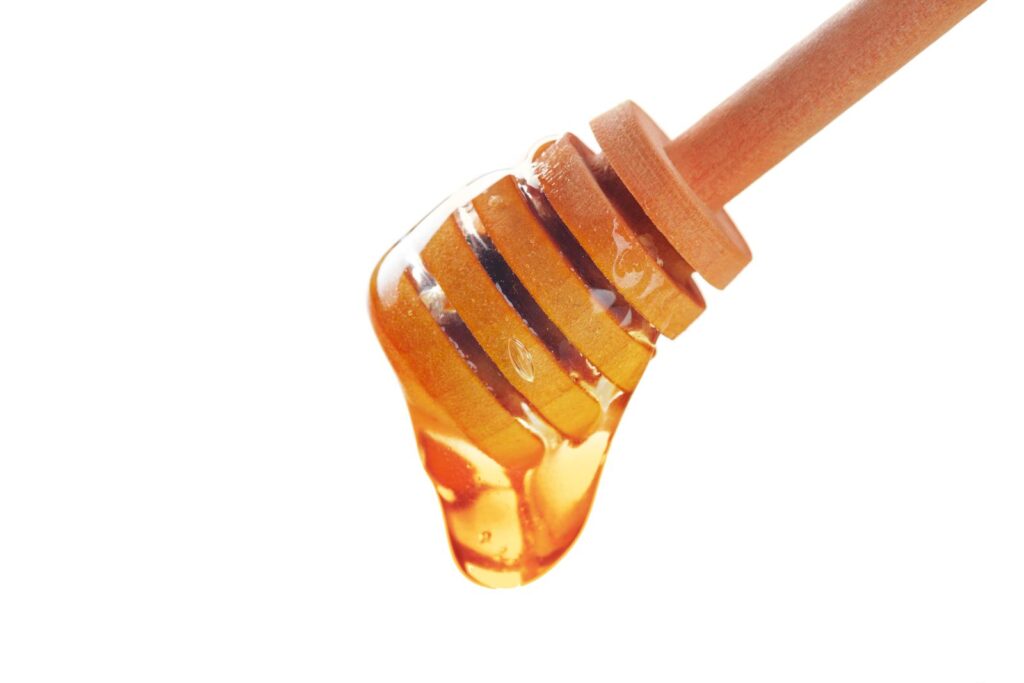
Since it is a powerful attractant to sugar ants, Maple syrup is an effective bait and ant-killer when mixed with boric acid.
Sugar water is dissolved in water and can be an instant energy filler for ants when exhausted from their physical labor.
Are Ants Attracted to Artificial Sweeteners?
Ants completely avoid artificial sweeteners. Ants are attracted more to natural sweeteners like honey, maple syrup, and fruit juices because they contain a sufficient amount of carbohydrates and calories, giving sugar its sweet taste and making it an energy-rich source.
Artificial sweeteners like stevia and saccharin-based sweeteners, low-carb sugar substitutes that fail to attract ants, can also prove fatal. (Source)
A famously known sugar alternative, aspartame is a neurotoxin that can kill an entire colony of ants by damaging each ant’s neural system within 24 hours.
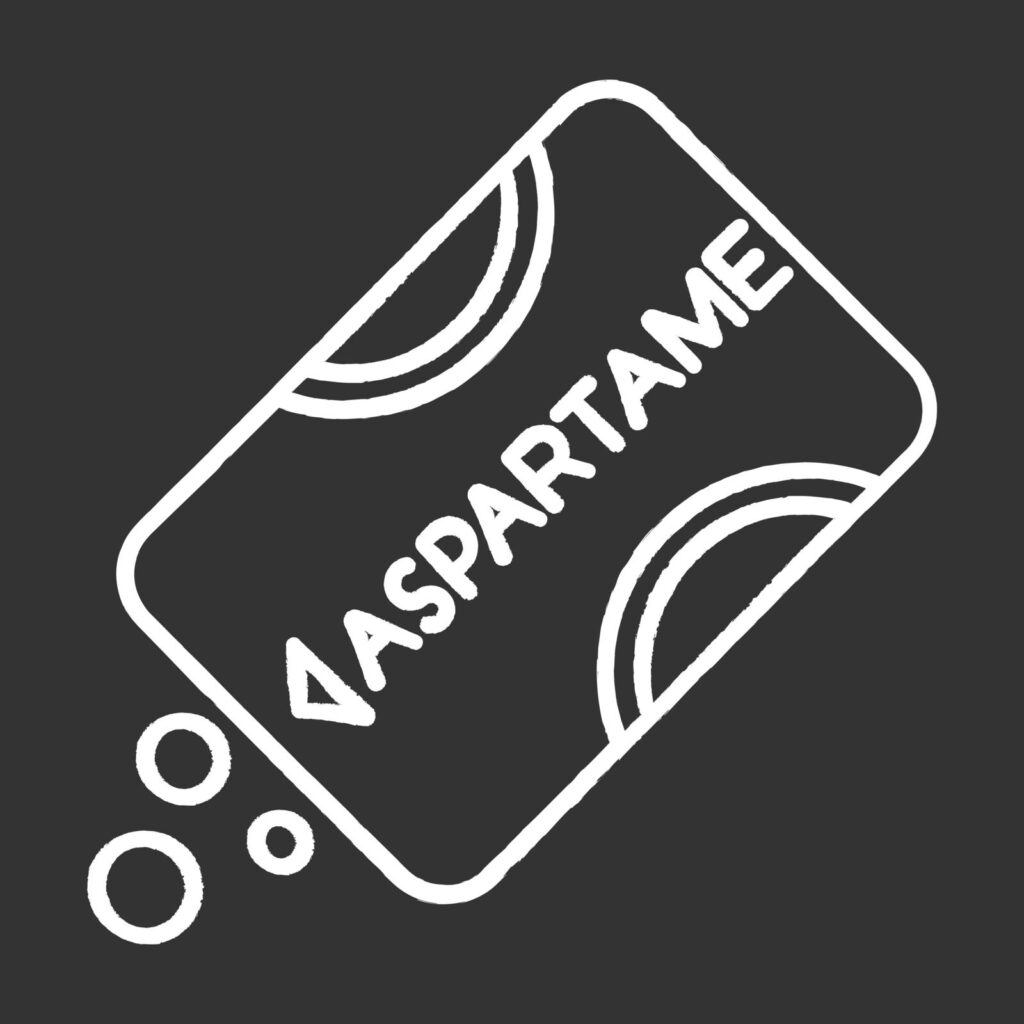
What Type of Sweets Attract a “Sugar Ant?”
Sugar ants are attracted to sugar-based sweet treats like honey, maple, jam, white sugar, fruit juices, nectar, or candy. The worker ants will carry the sweets to their nest to feed colony members, leaving behind pheromone trials for other ants to smell out the food source.
Ants are also drawn to honeydew obtained from aphids, and in return, they ensure their safety from predators.
Ants dwelling in the wild, like weaver ants, are generally interested in consuming plant nectar, honeydew, small animals, plant secretions, and other sugary items.
Studies show that 70% of the nutrition of fire ants is based on honeydew produced by aphids, meaning most energy comes from honeydew. (Read More)
